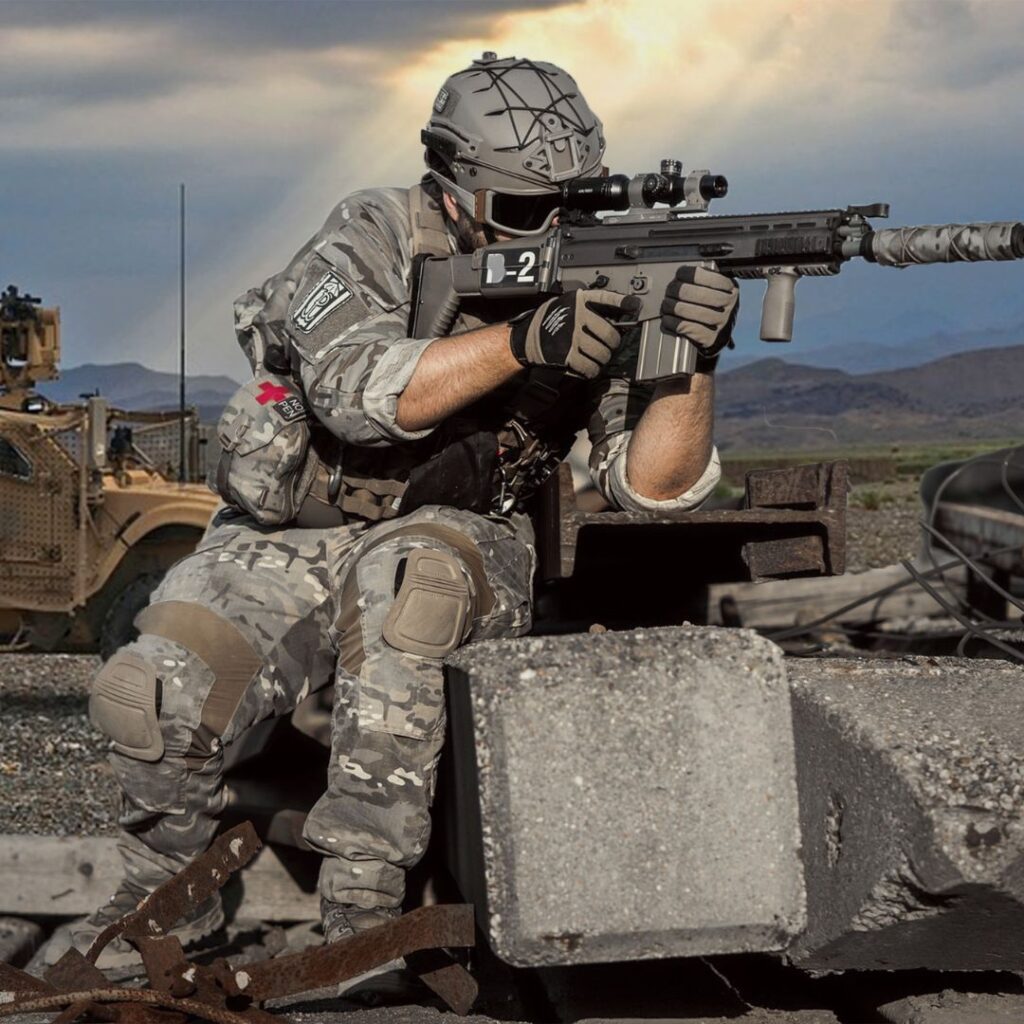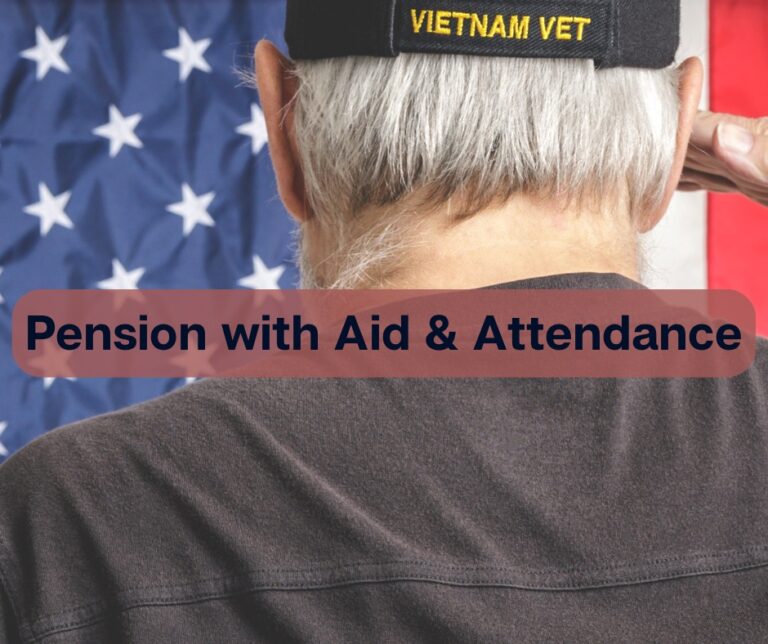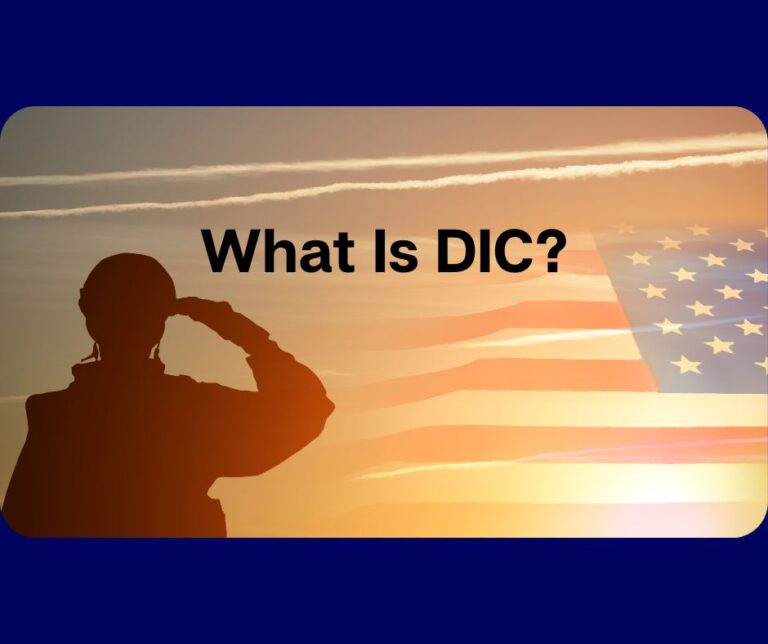Leadership Unleashed: Leveraging Your Command Experience in Civilian Jobs
Transitioning from military service to a civilian career can feel daunting. Many of us have left service with the idea that our time in the military, be it four years or twenty-four years, has prepared us for success in the civilian world. You’ve honed invaluable skills during your time in service—leadership, crisis management, delegation, and strategic decision-making—but how do these translate into the civilian workplace? The answer: seamlessly, when approached the right way. Your military experience equips you with a unique skill set that is highly sought after in today’s job market, especially for managerial and supervisory roles. The key is leveraging those skills correctly.
Lieutenant General (Ret.) Jay B. Silveria, a veteran of the US Air Force, recently was chosen to fill the civilian leadership position as the next president of the University of Arkansas system. His journey illustrates how military leadership can translate into high-impact roles beyond the armed forces. If you’re a veteran looking to advance into a management role or are making your first steps into civilian employment, you can use your military experience as a springboard to launch your civilian career..
The Unique Value of Military Leadership
Veterans bring an unparalleled set of leadership skills to the civilian workforce. Traits like strategic thinking, adaptability, and the ability to thrive under pressure are not just useful – they are critical in industries ranging from corporate management to nonprofit leadership.
Consider your experience in delegation. In the military, delegating tasks is often a matter of life and death. This high-stakes responsibility develops precision and trust, skills that civilian managers strive to master. Crisis management is another area where veterans excel. Whether handling logistics in hostile environments or coordinating large teams during unpredictable situations, your ability to stay calm and make informed decisions translates perfectly into corporate leadership.

Employers are constantly looking for individuals who can lead teams, resolve conflicts, and make tough calls. Recognizing these qualities in yourself is the first step toward successfully marketing them to civilian employers.
Translating Skills into Civilian Terms
One of the most significant challenges veterans face during their job search is translating their military experience into language that resonates with civilian employers. Unfortunately, civilian hiring managers may not understand the nuances of military roles or jargon, even if they greatly respect the service it represents.
For instance, instead of listing “Platoon Leader” on your resume, reframe it as “Managed and led a team of 30 individuals, overseeing daily operations and team development.” Likewise, “Logistics Officer” can become “Expert in supply chain management, inventory control, and resource allocation.”
When discussing these roles in interviews, focus on outcomes and achievements. For example, share how your leadership directly impacted your unit’s efficiency or mission success. Civilian employers love metrics, so if you can quantify your achievements—such as reducing operational delays by 20% or increasing team productivity—you’ll stand out from other candidates.
Inspiration from Lieutenant General (Ret.) Jay B. Silveria
Lieutenant General (Ret.) Jay B. Silveria’s career is a testament to the value of military leadership in civilian roles. As a veteran of the US Air Force, he navigated a successful transition into academia, culminating in his appointment as president of the University of Arkansas system. His ability to inspire teams, manage complex organizations, and make strategic decisions directly correlates to his military experience.
Silveria’s journey highlights two essential takeaways for veterans:
- Your leadership skills are transferable. Whether you’re managing a university, leading a corporate team, or directing a nonprofit, the same principles apply.
- Education and networking can bridge the gap. Silveria likely leveraged his network and a commitment to learning to adapt his skills for a new industry. You can do the same.
Use his story as motivation—your leadership experience is not just relevant but vital in civilian roles.
Actionable Steps for Career Advancement
To successfully transition into a leadership role in the civilian workplace, consider the following actionable steps:
1. Explore Education and Training Programs
Supplementing your military experience with civilian credentials can make a significant difference. Programs like Syracuse University’s Institute for Veterans and Military Families (IVMF) offer free or low-cost training designed specifically for veterans. These courses cover topics like project management, business leadership, and industry-specific skills.
Certification programs can also enhance your resume. For example, earning a PMP (Project Management Professional) or Six Sigma certification can help you align your skills with civilian standards.
2. Build a Personal Brand
Your personal brand is how you present yourself to potential employers. Start by crafting a strong LinkedIn profile that highlights your leadership achievements. Use clear, civilian-friendly language to describe your roles and accomplishments. Post content or articles that reflect your expertise and engage with professional networks relevant to your target industry.
3. Find Veteran-Friendly Employers
Many companies actively seek veterans for their unique skills and perspectives. Organizations like Hire Heroes USA and veteran-focused job boards can help you identify these employers. Other programs, like the program Skillbridge from DOD, gives service members the opportunity to gain valuable civilian work experience with civilian partners. Networking events and veteran mentorship programs are also excellent resources for connecting with the right opportunities.
4. Showcase Your Leadership Skills
During job applications and interviews, be prepared to demonstrate how your leadership experience applies to the civilian role. Use the STAR method (Situation, Task, Action, Result) to structure your answers and emphasize the impact of your decisions.
For example, you might say, “In a high-pressure environment, I led a team of 15 through a resource shortage. By reorganizing priorities and implementing new processes, we completed our mission 10% ahead of schedule.”
Showcasing Leadership Skills
Leadership is a highly marketable skill, but you need to position it effectively. Start by reflecting on your most impactful military experiences. What challenges did you face? What strategies did you use to overcome them? How did your leadership make a measurable difference?
Once you’ve identified these examples, practice articulating them in a way that civilian employers can understand and appreciate. Use plain language, focus on outcomes, and tie your experiences to the specific needs of the job you’re applying for.
Conclusion – Your Turn
Transitioning to a civilian career is not just about finding a job—it’s about recognizing the immense value you bring to the table. Your military leadership skills are more than a qualification; they are a competitive edge. Employers are searching for individuals who can inspire teams, solve complex problems, and drive results – and that’s exactly what you’ve been trained to do.
Take the next step by seeking opportunities to showcase your skills. Explore education programs, refine your resume, and connect with veteran-friendly organizations. Remember, leadership is not confined to the battlefield – it’s a lifelong skill that opens doors in every industry. Your command experience is your key to success in the civilian world. Unleash it.







